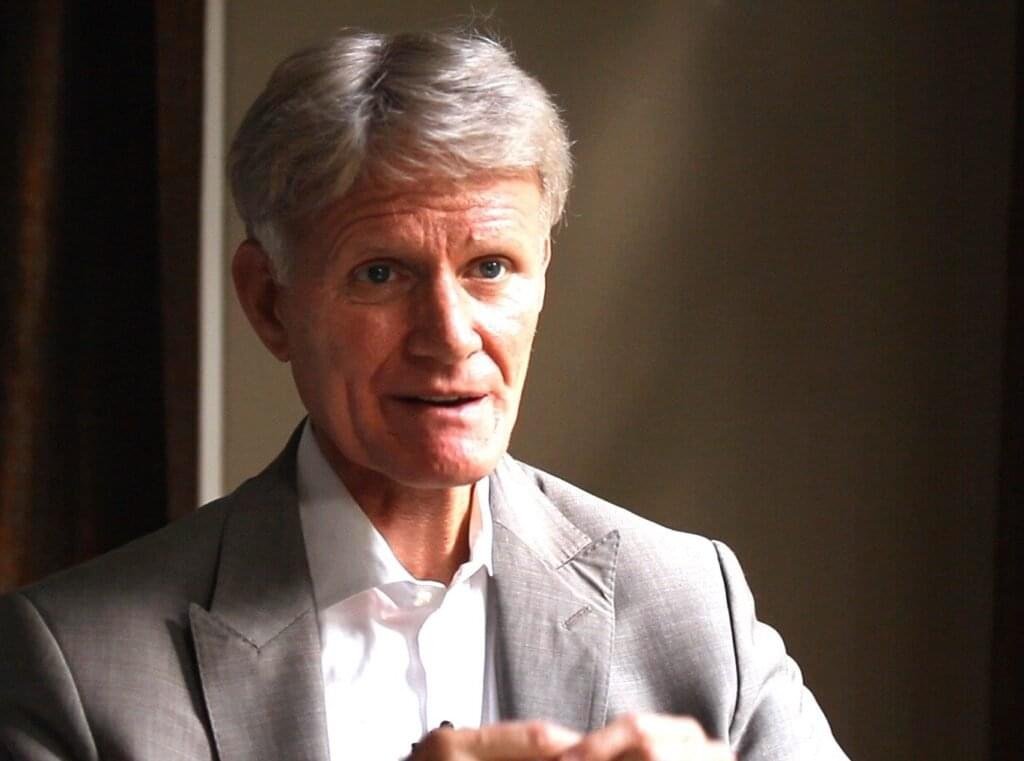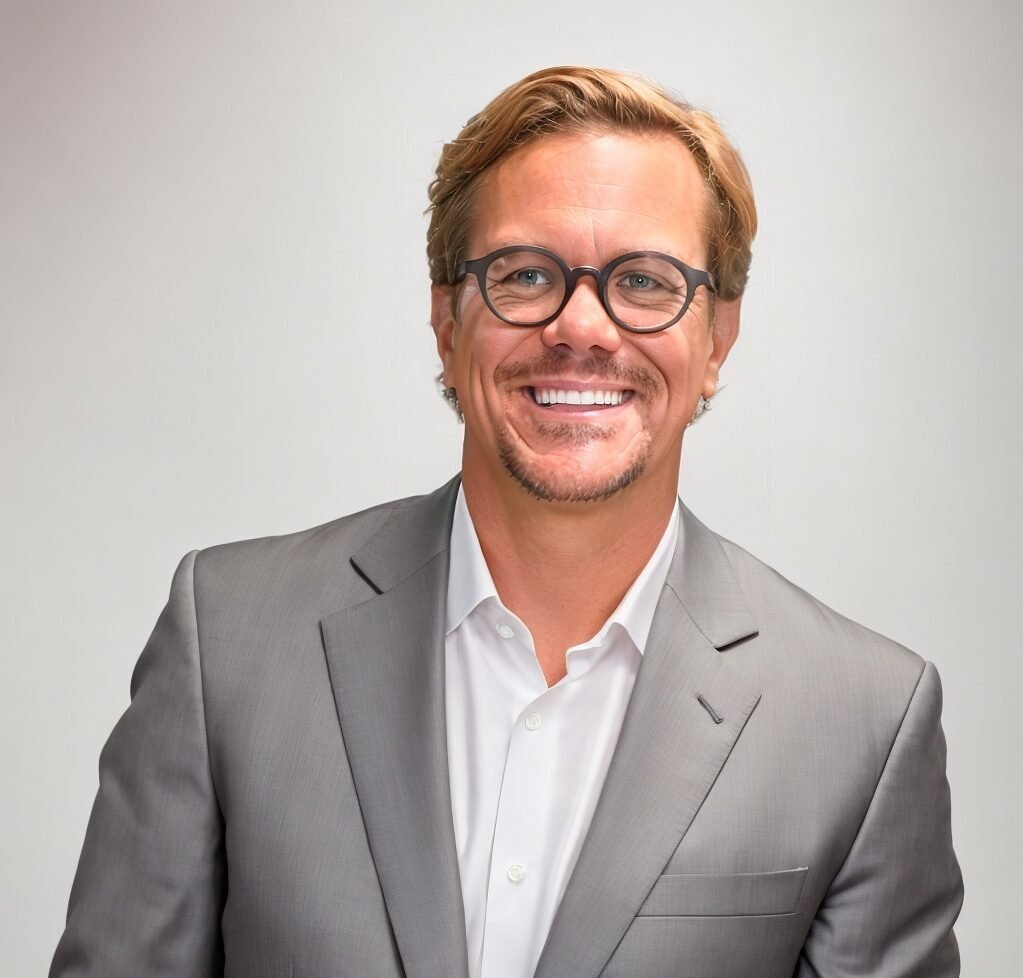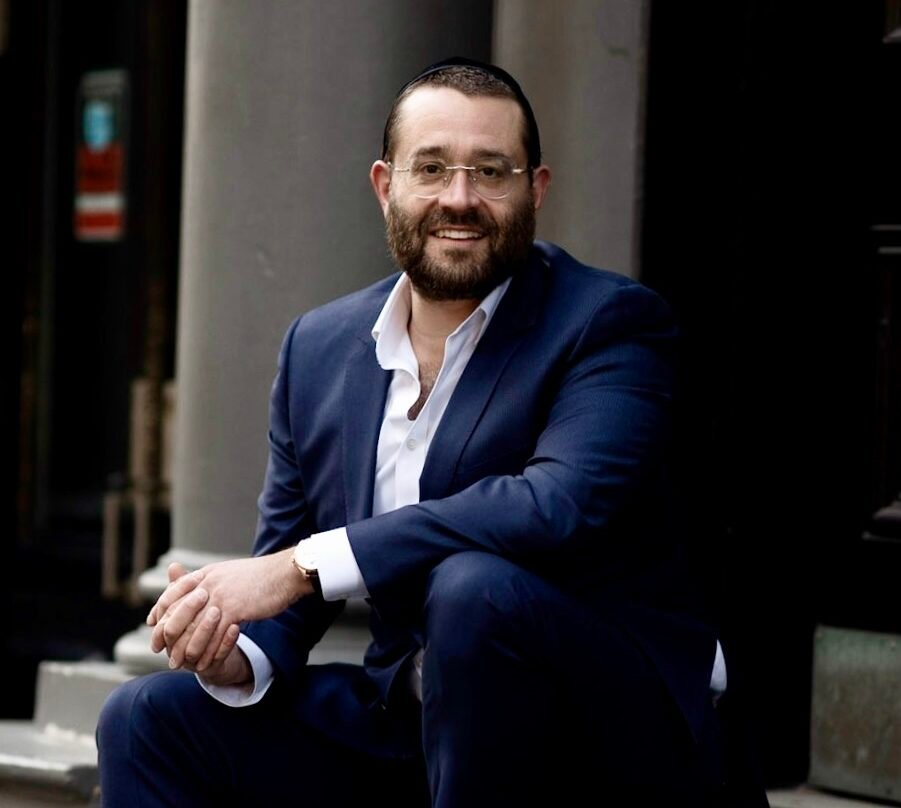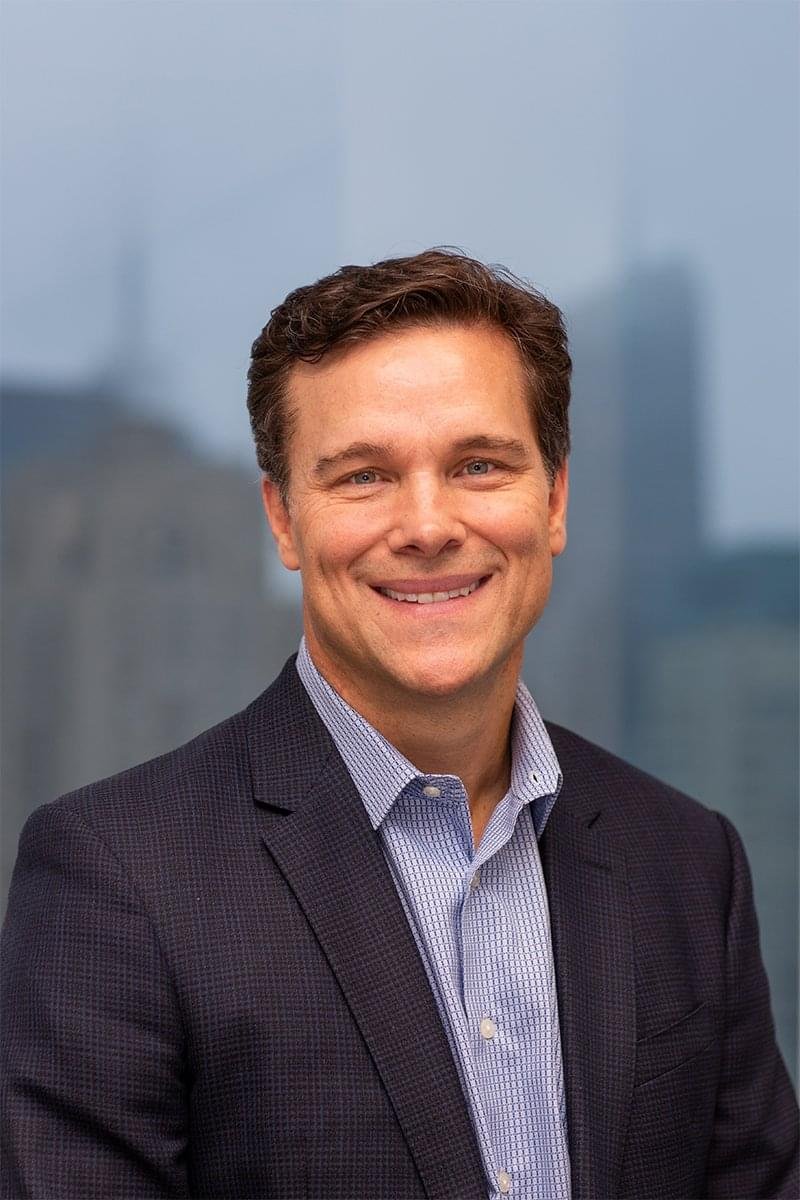I recently went one-on-one with Tom Gegax, co-founder and former CEO of Tires Plus. Tom is the subject of the documentary Confessions of a CEO: My Life in an Out-of-Balance World.
Adam: Thanks again for taking the time to share your advice. First things first, though, I am sure readers would love to learn more about you. How did you get here? What experiences, failures, setbacks, or challenges have been most instrumental to your growth?
Tom: How did I get here? Well, first I experienced the negative side of corporate America working at Shell Oil Company. After becoming frustrated working for them, I took certain learnings from them and ditched the bad behavior to start my own company. That was 10 times more difficult than I ever dreamed it would be. Then the old phrase “What doesn’t kill you makes you stronger” kicked in. To survive and feed my family, I had to get very creative. For my first office, I asked the landlord if I could install a vending machine, then used those profits to pay the rent. There were a million different little creative things I had to learn on the fly to overcome every roadblock.
Adam: How did you come up with your business idea? What advice do you have for others on how to come up with great ideas?
Tom: I noticed that the tire and automotive service industry was dirty, unprofessional, and often dishonest. And my dad, who was also in business, told me that you want to do what nobody else wants to do, therefore there’s often no competitor that’s doing it well. Most people want to be in a sexy and highly thought-of industry — and that creates opportunity elsewhere. I was often asked, “Why tire and automotive service?” My response typically was, “Because it’s dirty, unprofessional, and sometimes dishonest.”
My advice to others? Don’t worry about if it’s sexy or appealing. Find what’s being done poorly as you go about your day. That’s where the opportunity is.
Adam: How did you know your business idea was worth pursuing? What advice do you have on how to best test a business idea?
Tom: How I knew it was worth pursuing is what I said previously — that it wasn’t being done well. Add to that, we saw a business that wasn’t being run well and therefore underpriced.
As to advice on how to test an idea: Well, you can test a lot of ideas in a small way, maybe on friends and neighbors. It depends on how labor-intensive it is. If it’s simple to set up, then yeah, you test friends or neighbors. But if it’s pretty complicated and expensive, then you need to be able to hear objective answers up front from people that are honest, candid, and won’t give you the answer that you want to hear. You can hold a focus group: Have 10 people come in, pay them a small amount, and run the idea by them. This is qualitative research. Quantitative research requires greater numbers.
Adam: What are the key steps you have taken to grow your business? What advice do you have for others on how to take their businesses to the next level?
Tom: To attract people, like my initial partner and others later, we used either stock options or profit-sharing. They were entrepreneurial by nature, and they really wanted it to succeed because that would mean the maximum personal gain for them. I called them “intrapreneurs”: entrepreneurs inside a company. We would give base compensation, but that was often barely enough to live on, so they would be motivated to maximize their commission or profit-sharing reward. We were also maniacal on marketing; we would spend a higher percentage than the average company on marketing. Finally, we grew as fast as we could yet within the limits of our people, systems, and money. Those are a few of many strategies and tactics we utilized.
Adam: What are your best sales and marketing tips?
Tom: I believe in a combination of social media, PR, and paid digital ads. That, combined with some old school methods of cards we hand out everywhere. As the CEO (protector of the brand) I was always very involved in the marketing, even when we grew to a $200 million dollar company ($350 million in today’s dollars). Most CEOs and top execs are somewhat hands-off. It also helped that since I wasn’t a “car guy,” I thought like our everyday customers.
Adam: In your experience, what are the defining qualities of an effective leader? How can leaders and aspiring leaders take their leadership skills to the next level?
Tom: The most difficult thing for a leader to learn is to find the happy medium between being a dictator on one end or a pushover on the other. And what I arrived at is a simple phrase: Be warm-hearted and tough-minded; I care about everyone, yet we also hold people accountable to their commitments to the team. Secondly, they need to get out of their offices more: throughout the office and into the field, where there’s lots to be learned. That’s where the rubber meets the road. Finally, engage in personal growth: psychological, spirit-based, and body care.
Adam: What is your best advice on building, leading, and managing teams?
Tom: A) I believe you should be meeting weekly with each person that reports to you, and B) It’s important in those regular meetings to maintain an accountability list that tracks current and new items. Was anything due that week? How did it go? If it went well, you high-five them; if it didn’t, you find out why not and discuss what they need to do differently before the next meeting. Outside that weekly meeting with direct reports, I believe in monthly meetings with your department and quarterly meetings with the entire team. At these meetings, you’re reviewing what happened in the previous period and what’s about to happen in the next period. At those all-hands meetings, the leaders of each department should be presenting their individual reports.
The last thing I’ll mention is transparency. Too many leaders try to hide many things. Sometimes they hide the really good news, afraid people will expect a raise; sometimes they hide the really bad news, afraid people will raise difficult questions or leave the company. Don’t worry about it. Give them the honest truth and have them be a part of the conversation about celebrating the successes or overcoming the shortfalls.
Whether it’s good news or bad, it’s important to let everyone on the team know that they have permission to speak up on everything. They need to give all their leaders — even me — the feedback we need to lead effectively, even when it is criticism (which I call developmental feedback).
Adam: What are your three best tips applicable to entrepreneurs, executives, and civic leaders?
Tom: Treat people with respect by giving them skin in the game: profit sharing, commissions, things like that. Be warm-hearted but tough-minded. Respect your team, and care about your team, but hold people accountable. Civic leaders, continue with your passion for your civic role, but study and learn from business management. It’s important to bring business principles into the public and nonprofit sector, because these wonderful people usually have passion for what they’re doing, but they rarely have the business leadership skills necessary.
Adam: What do you hope readers take away from your new movie?
Tom: Confessions of a CEO sheds light on the degree corporate America is affecting our lives. Also, it is a story of how growth, redemption, and increasing self-awareness can change one’s life, personally and professionally. It is designed to be both entertaining and educational, and our reviews are showing that is happening.
Adam: What is the single best piece of advice you have ever received?
Tom: From my psychologist: Be authentic. From Deepak Chopra: Be in the moment. Together, these remind me to not feel guilt about the past or anxiety about the future. Be in the present moment, let the past and the future go, and you’ll have greater authenticity and wisdom in everything you do.







